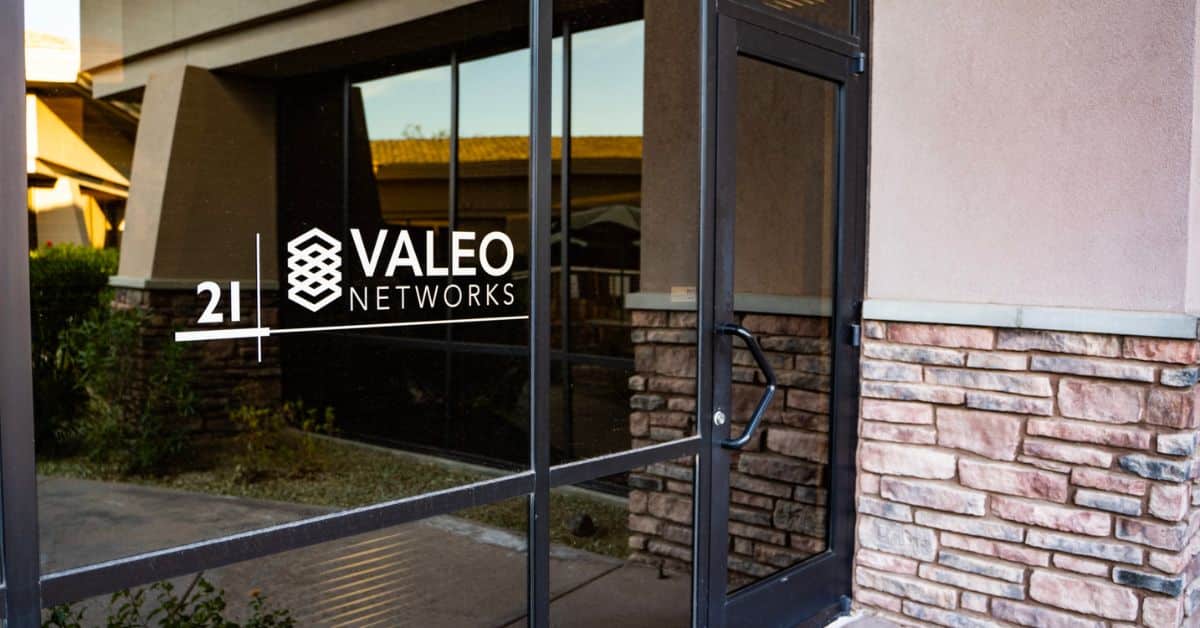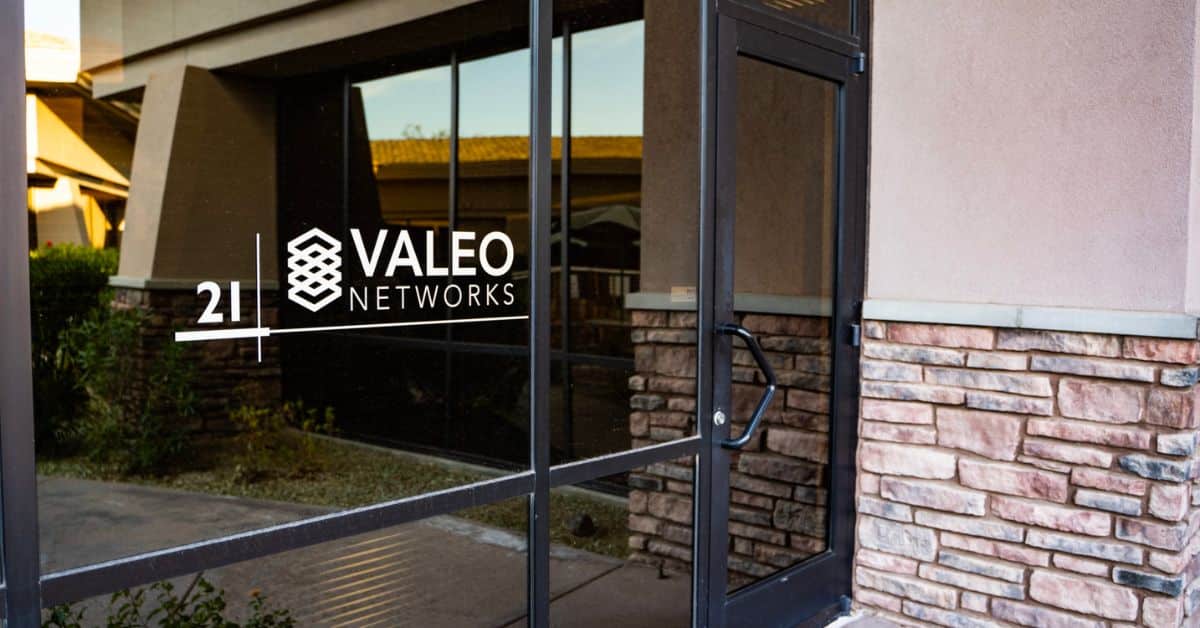Knowing the Difference Between VPNs and Remote Desktop Services
Historically, businesses have shied away from having their employees work remotely. The belief being, the home environment could create distractions,...

The cloud has brought many benefits to businesses since its inception. It supports basic storage, networking, processing power and gives you the freedom to access immense amounts of data from anywhere in the world without the added expense of having all the hardware behind it. Other benefits are scalability and the option to expand the server base. Today, there are public, private and hybrid cloud options available. What’s the difference between these options and how do you know which is right for your company? We’ll review some pros and cons and give you the details you need. If you have a trusted managed service provider, then they may suggest which one is better for your IT environment as well.
A public cloud is what you may think of when you say “cloud.” It is a generally owned by a third-party provider and managed over the internet. Normally, you only pay for the storage/services you utilize so it tends to be cheaper and much more scalable than a private cloud. Additionally, there is very little required maintenance on your end since you’re working with a third-party.
On the other hand, you’re sharing the space with other users. You’re also dependent on the provider to ensure safety and responsiveness during a hack. The security itself isn’t necessarily bad, but the data does travel in open internet to your cloud so the risk is there.
Unlike the public cloud, a private cloud is managed by one company or client. The hardware and network are in a single area and utilized by one organization. Security in private clouds is much better, since the company is in charge of designing and securing the network. Everything is dedicated to one business, so it also meets many compliance requirements. For example, if you are a healthcare business who follows HIPAA compliance, then this may be a better route for you. Another pro is the ability to customize the performance of the network, hardware and storage.
Cons are that you are dependent on your internet service provider (ISP) or local power grid, and the security is your responsibility. However, if you have an IT team or managed service provider handling the private cloud for you, you are less likely to run the risks that come with a private cloud.
We’ve talked about public and private clouds, but there is also a Hybrid Cloud option. A hybrid cloud is as it sounds- a mix between private and public. It allows you to select the best options of both to create a reliable and secure network. ZDNet describes it as, “the combination of one or more public cloud providers (such as Amazon Web Services or Google Cloud Platform) with a private cloud platform — one that’s designed for use by a single organization — or private IT infrastructure.”
No matter which direction you select for your cloud options, a IT service provider like Valeo Networks can build, maintain and manage your cloud infrastructure. We’ll ensure your data is secure and that your business meets all compliance requirements. Contact us to discuss your needs and get a free on-site network evaluation.

.webp)
Historically, businesses have shied away from having their employees work remotely. The belief being, the home environment could create distractions,...

Cloud migration is relatively new in the technology world. It has proven challenging for small and medium-sized businesses because of smaller...

How do you backup your data? What about client data? Analyst house Gartner predicts that the public cloud services market alone (this includes cloud...

With cutting-edge technology and quality customer service,
you’ll find everything you need to help your company soar
with Valeo Networks.
1006 Pathfinder Way
Rockledge, FL 32955
Business Hours:
M-F: 8AM-9PM
© 2026 Copyright Valeo Networks. All Rights Reserved.